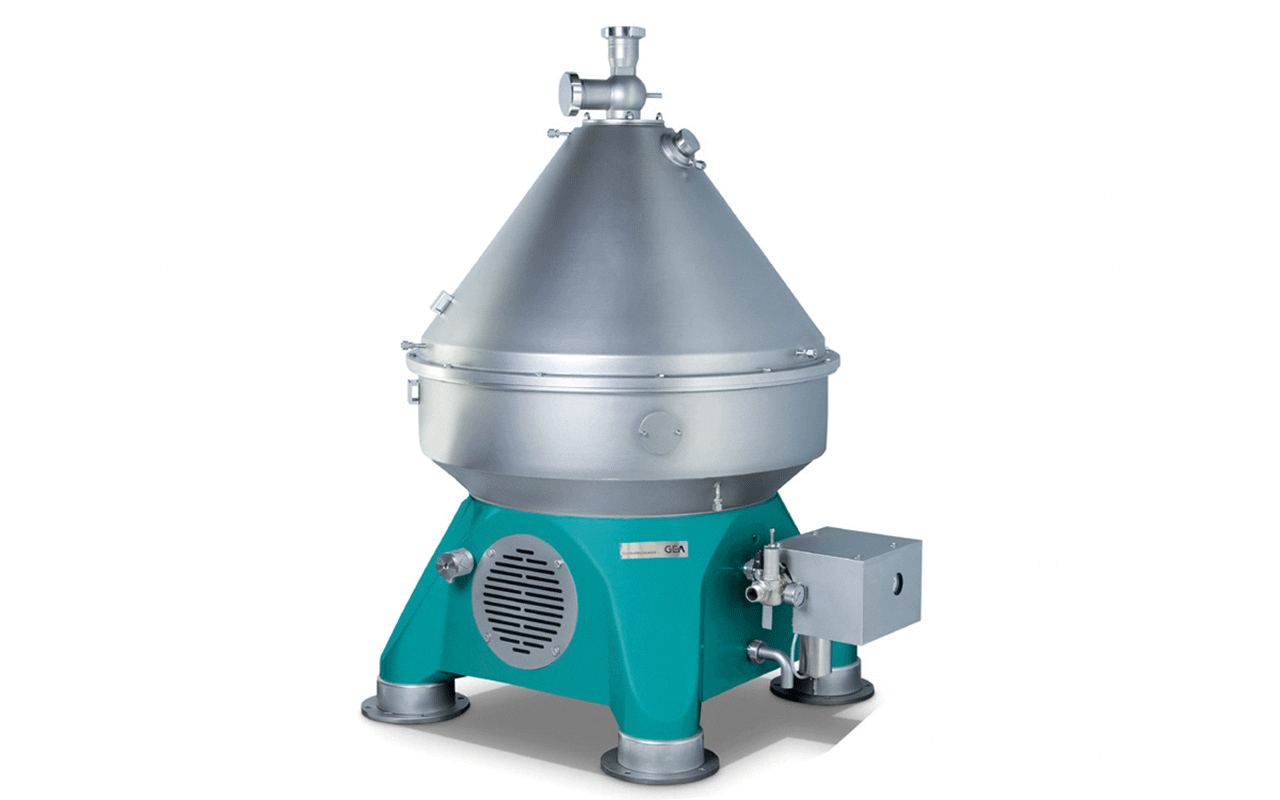
This article contains paid-for content created in collaboration with GEA.
With increasing demand for reliable dewatering of effluent in municipal sewage treatment plants, GEA has stepped up with its class-leading environmental decanters designed for high clarification performance and maximum solid thickening. The high level of dewatering achieved means that GEA’s decanters result in substantially reduced transport and disposal costs. They set standards in terms of dry substance and separation performance, and innovative modular design means a very compact footprint. The decanters demonstrate the most efficient use of energy and can result in up to a 50% saving on flocculants compared with other sludge treatment technologies.
Fully automated control
GEA decanters demonstrate reliable thickening of effluent, even at higher throughputs. The patented GEA Varipond system means these centrifuges adapt fully automatically to changing feed conditions to produce consistent dry substance output. Customers benefit from maximum process reliability and unmanned, 24-hour operation. Thanks to the constant concentration, the digestion tank can be operated more economically: the sludge ferments better and a greater gas yield can be achieved due to improved quality. This leads to a more stable operation of the downstream process after thickening has taken place.
Designed for use in the thermal hydrolysis process
The process of thermal hydrolysis can also be integrated into municipal sewage treatment plants to facilitate a significant improvement in anaerobic digestion and substantially more efficient dewatering of effluent. Whether for stable pre-dewatering of exactly 16% before hydrolysis, or for dewatering after the digestion process, GEA decanters are the result of decades of experience and comprehensive process technology know-how.








